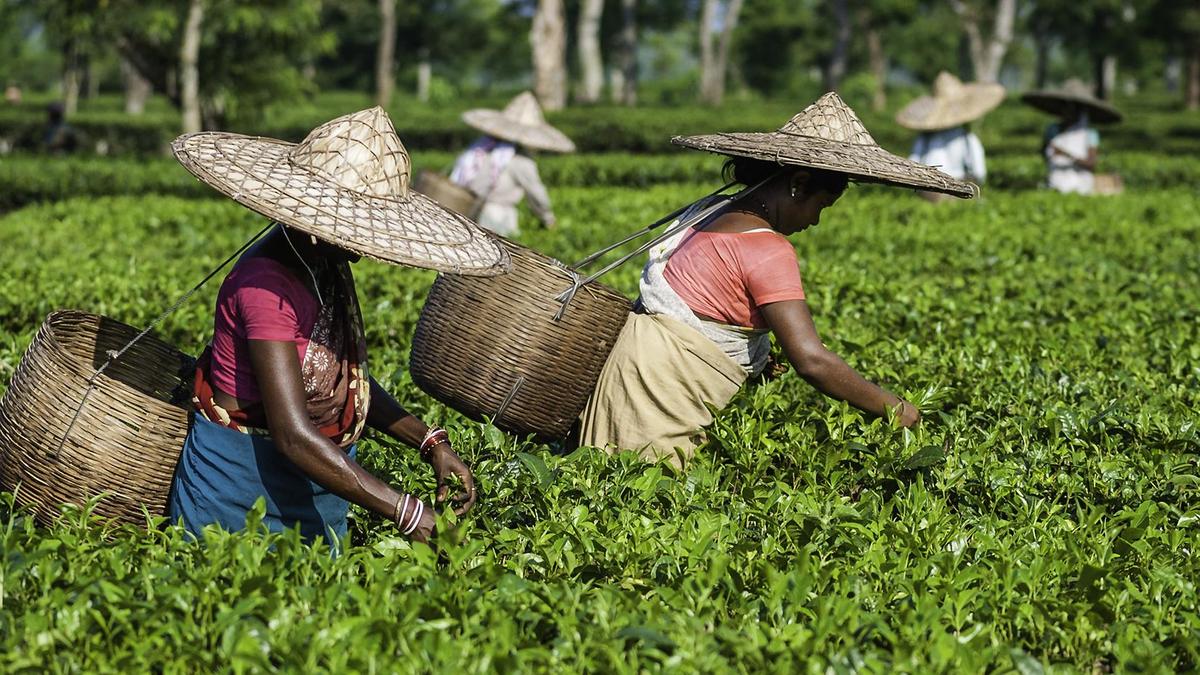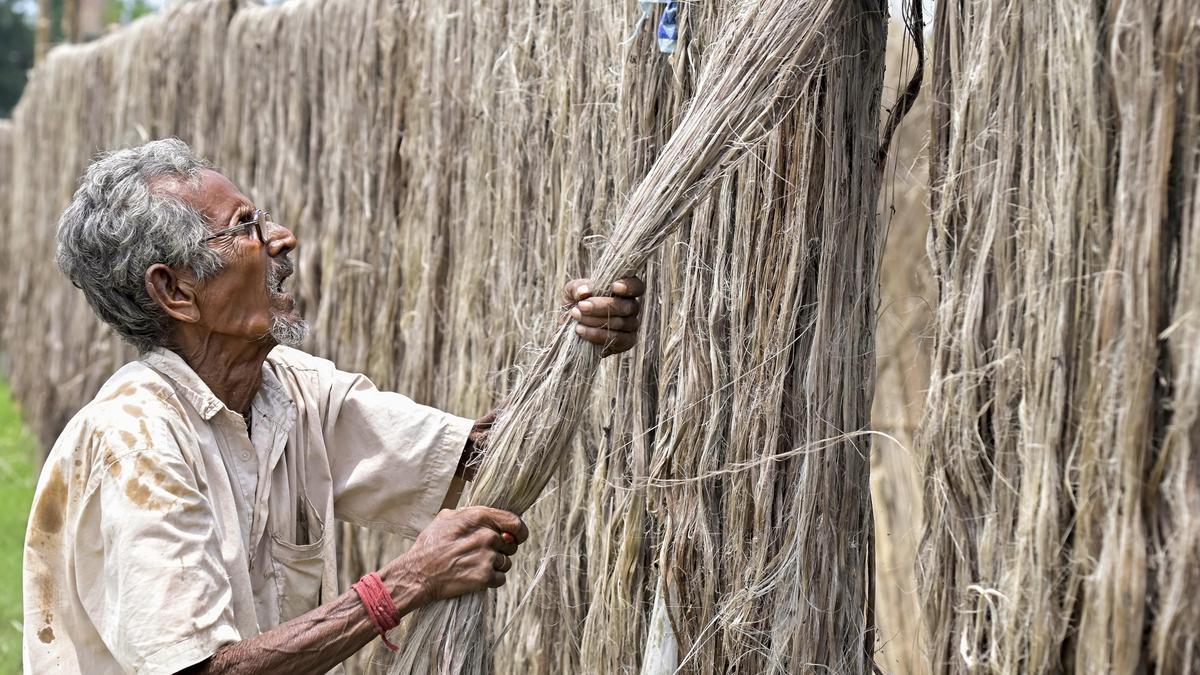Representative image
| Photo Credit: Getty Images
GUWAHATI
The Consultative Committee of Planters’ Associations (CCPA) has set certain conditions for the proposed distribution of tea estate land patta (ownership) among plantation workers in Assam.
On November 25, the Assam government tabled the Assam Fixation of Ceiling on Land Holdings (Amendment) Bill, 2025, aimed at removing labour lines from the “ancillary land” category in tea estates. This would guarantee “land protection” for 3.33 lakh tea worker families across 825 tea estates in the State, Chief Minister Himanta Biswa Sarma said.

Labour lines are rows of dwellings for plantation workers in specified sections of a tea estate.
The CCPA, which covers tea, coffee, rubber, and cardamom planters, pointed out that the Assam Plantation Labour Rules exclude the earmarking of any garden land to be apportioned as “patta” to be distributed. It also said that labour quarters and line areas are part of the statutory facilities mandated under the Plantation Labour Act, 1951, and cannot be converted into transferable land ownership.
The planters’ body said the State government had acquired large areas from the tea gardens under the Assam Fixation of Ceiling on Land Holdings Act, 1956, and allowed these estates to retain land only for special cultivation of tea and ancillary purposes (factory, houses, hospitals, etc.).
“…the land now available with the tea estates is residual land after surrendering the surplus land. Therefore, any further acquisition would adversely affect the long-term viability of the tea sector…,” the CCPA said.

It, however, said that if any estate land is acquired, compensation must follow the Right to Fair Compensation and Transparency in Land Acquisition, Rehabilitation and Resettlement Act, 2013. The proposed amendment law prescribes compensation, but under its relevant section.
Welfare burden
The CCPA further said that the management of the tea estates should be relieved from providing welfare facilities, including water supply, sanitation, and electricity, in the areas acquired for the distribution of patta to the workers. These facilities form a part of the daily wage of a tea plantation worker, who gets an average of ₹250 per day in cash.
The planters’ body indicated that tea estate owners should be allowed to shed the welfare burden along with the takeover of land.
The Bill to make tea plantation workers the owners of the tea estate lands they are living in was believed to have been tabled in the 126-member House with an eye on the 2026 Assembly polls. Tea plantation workers, mostly Adivasis or “tea tribes”, are a potent voting force in central and eastern Assam’s tea-growing belts.
The Adivasis, once perceived to be a Congress vote bank, have been a major factor behind the reign of the Bharatiya Janata Party (BJP) in Assam since 2016. They are among six communities seeking Scheduled Tribe status and have been threatening to derail the NDA government if their demand is not met.
Published – November 26, 2025 11:06 pm IST






1733130350-0/Untitled-design-(76)1733130350-0-640x480.webp)